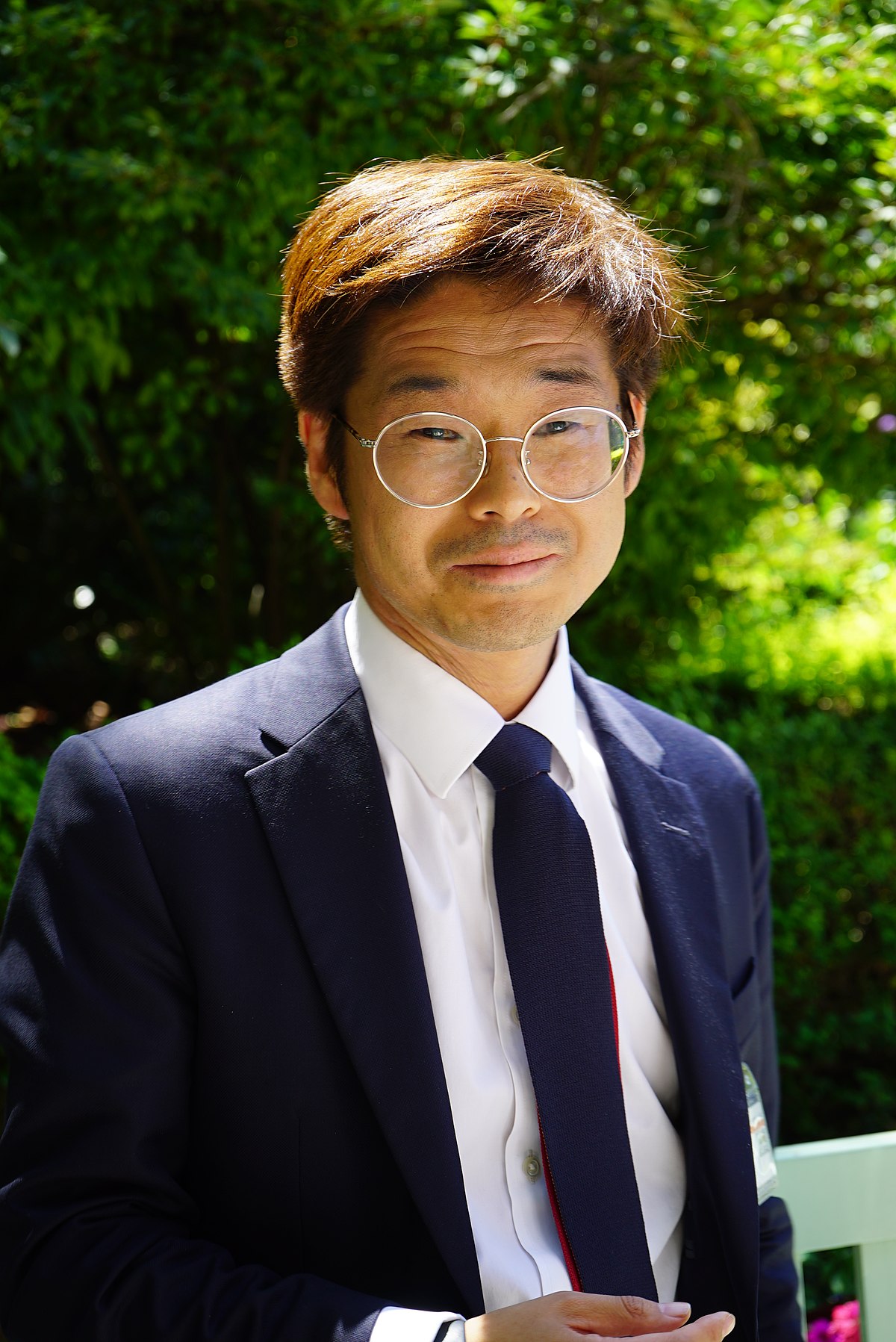 Peter Frost is a Canadian anthropologist. His main research interest has been the role of sexual selection in highly visible human traits, notably diverse hair and eye colors. Other interests include vitamin D metabolism in northern hunting peoples and gene-culture coevolution, such as genetic pacification due to the state monopoly on violence.
Peter Frost is a Canadian anthropologist. His main research interest has been the role of sexual selection in highly visible human traits, notably diverse hair and eye colors. Other interests include vitamin D metabolism in northern hunting peoples and gene-culture coevolution, such as genetic pacification due to the state monopoly on violence.
Grégoire Canlorbe: You are notably known for your claim that the most plausible origin for the high frequency of light coloration of skin in European ethnicities lies in sexual selection (rather than in natural selection). Could you remind us of your argument?
Peter Frost: It’s not just light skin. It’s also the extraordinary variety of hair and eye colors. I prefer to begin with them because they are much less explainable by anything other than sexual selection.
Take hair color. Most humans have black hair and one allele for hair color. Europeans have over two hundred for colors ranging from black to blond. The conventional explanation is straightforward: as humans entered higher latitudes, with less solar radiation, there was less selection for dark skin and, consequently, an accumulation of defective alleles for pigmentation. So the number of hair colors grew as a side effect.
That scenario has two problems. First, the genetic linkage between skin color and hair color is weak: if we took all humans with black hair, we would have a group with the full range of skin colors. Second, millions of years are needed to accumulate that many alleles through relaxation of selection. Yet modern humans have been in Europe for scarcely 45,000 years.
Did Europeans get their hair colors from the Neanderthals? According to a study of five alleles for red hair, one of them seems to be an archaic introgression, but the others are of modern human origin. Even if we assume that all of the alleles for hair color had slowly accumulated during the long existence of the Neanderthals, the timeline is still too short — at most three quarters of a million years. Furthermore, even if they all had a Neanderthal origin, we would still need to explain how they reached their current prevalence. Europeans today are only 1 to 4% Neanderthal.
That’s not all. Eye color, too, diversified during the same 45,000 years. So we have two color polymorphisms, with different genetic causes, developing in parallel within the same limits of time and space. There must have been a process of selection. Something helped preserve those new colors and pass them on to subsequent generations.
That something, in my opinion, was sexual selection. It begins when too many of one sex have to compete for too few of the other. The latter are in a buyer’s market and can pick and choose among prospective mates. Conversely, the “sellers” are in a worse position and have to market themselves as best they can. The successful ones are those who can attract attention and hold it as long as possible, typically by means of bright colors.
[Read more…] about A conversation with Peter Frost, for American Renaissance


 Joachim Jean-Marie Forget, also known as Joachim Son-Forget, is a South Korean-born, French politician and professional radiologist. Since 2017, he has been a member of the French National Assembly (lower house of the French Parliament) representing French residents overseas. He works part-time as a radiologist in Switzerland. He has held Kosovar citizenship since 2018. Adopted by a French family as a child, and holder of a doctorate in cognitive neuroscience, Son-Forget was previously active within the French Socialist Party and later La République En Marche (LaREM) until he resigned from the party in late 2018. He has since founded his own political party, first called “Je suis français et européen” (JSFee), then “Valeur absolue.”
Joachim Jean-Marie Forget, also known as Joachim Son-Forget, is a South Korean-born, French politician and professional radiologist. Since 2017, he has been a member of the French National Assembly (lower house of the French Parliament) representing French residents overseas. He works part-time as a radiologist in Switzerland. He has held Kosovar citizenship since 2018. Adopted by a French family as a child, and holder of a doctorate in cognitive neuroscience, Son-Forget was previously active within the French Socialist Party and later La République En Marche (LaREM) until he resigned from the party in late 2018. He has since founded his own political party, first called “Je suis français et européen” (JSFee), then “Valeur absolue.”